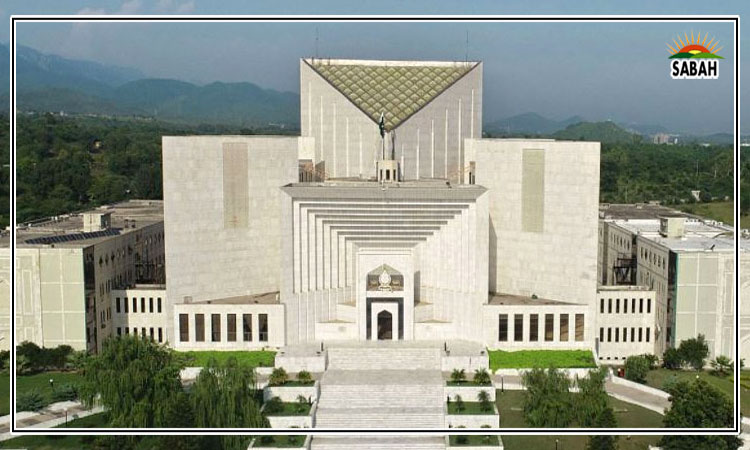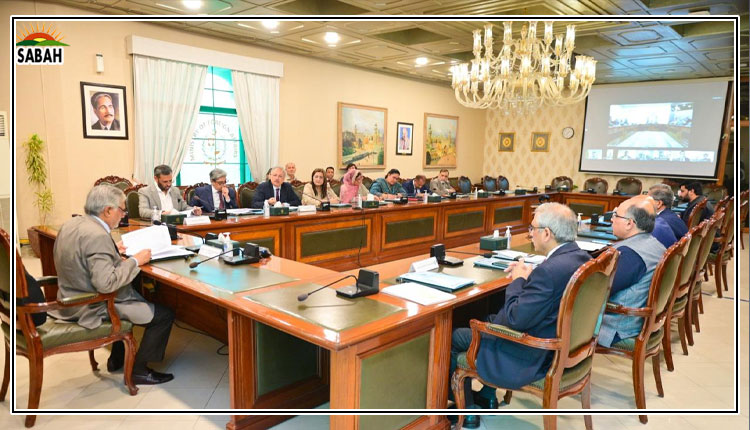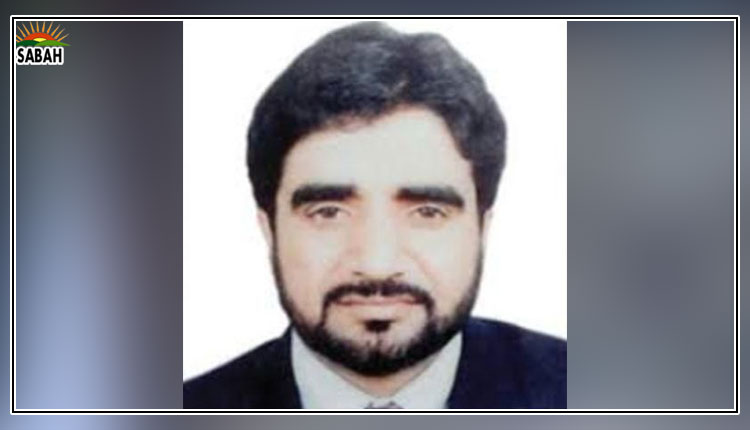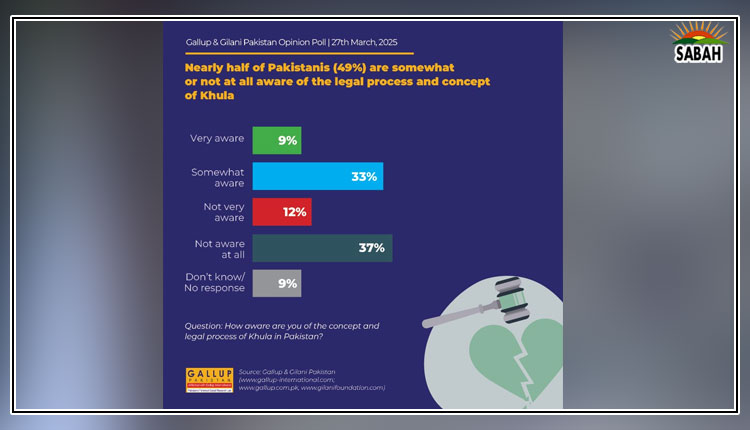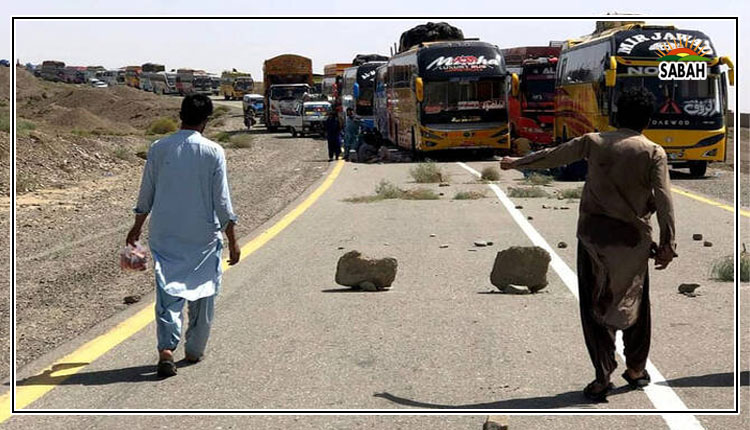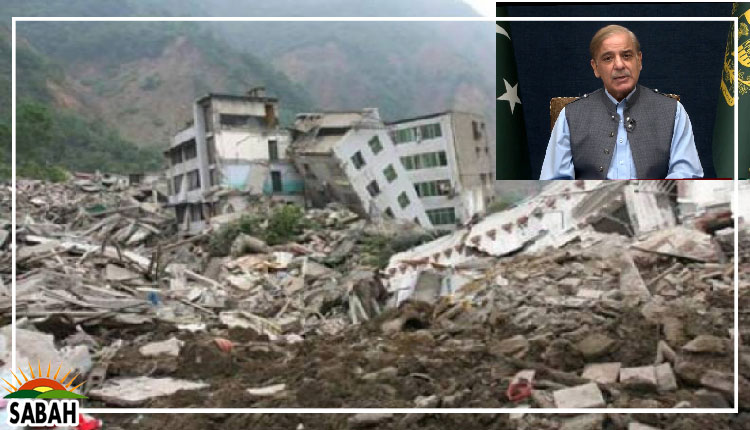Pakistan is 7th most disaster vulnerable country in the Climate Risk Index: PM Shehbaz
ISLAMABAD, Oct 07 (SABAH): Prime Minister Mian Muhammad Shehbaz Sharif has said that Pakistan is the 7th most disaster vulnerable country in the Climate Risk Index.
This was stated by PM Shehbaz Sharif in his message on the occasion of “National Resilience Day” being observed today (Saturday).
PM Shehbaz Sharif said that 8 October is observed as National Resilience Day in the country to express solidarity with the people of Azad Jammu and Kashmir and rest of Pakistan who suffered human and other losses due to disasters. The day is also a reminder that we live in a region marked as highly vulnerable to disasters.
He said that over the years Pakistan has witnessed multiple natural disasters in the form of earthquakes, floods, GLOF events, cloud bursts, unprecedented rainfalls and severe heat waves / forest fires which caused loss of precious lives, not to mention loss of millions of dollars. He said that this year, once again Pakistan has been worst hit by a climate-induced disaster in the form of floods. As a result, 1696 precious lives have been lost, 12867 people sustained injuries and over 33 million people are affected. Over one million livestock have perished. Over four million acres of crops have been fully damaged. There are widespread damages to communication infrastructure. Sindh and parts of Balochistan have been worst hit. Pakistan has never faced a disaster of this scale.
He said that the federal government along with provincial governments has mobilized all resources at its disposal including, financial, administrative and organizational for rescue and relief of the affected people. He said that on the request of provincial governments, Pakistan Army has been mobilized to help in rescue, relief and other disaster related activities. Rupees 25000 / per household is being provided through BISP in addition to food, shelter and medical aid in calamity hit areas.
PM Shehbaz Sharif said that the people of Pakistan both at home and abroad, civil society, philanthropists, humanitarian organizations, United Nations agencies, NGOs, INGOs, academia and disaster management authorities deserve an appreciation for the role that they are playing in rescue and relief activities. No country alone can deal with the disaster of such a massive scale. Realizing the scale of the calamity, United Nations Secretary General, Antonio Guterres paid a very timely visit to Pakistan, flood affected areas and met the flood affectees. The UNSG appealed to the international community to help Pakistan. Since then there have been a number of bilateral and multilateral visits by various delegates to assess the situation as well as express solidarity with Pakistan. International community, UN and friendly countries have started providing relief aid. We express our sincere gratitude for their solidarity and support. However, since the scale of catastrophe is very massive and water will take time to recede. Waterborne diseases, malnutrition and a looming winter pose challenges that would need substantial and sustained support from Pakistani nation and Government, as well as international community.
“I would take this opportunity to reiterate that what Pakistan is going through today in the form of worst disaster is not of its own making but is a result of Climate Change induced by Global Greenhouse Gas emissions, to which Pakistan contributes less than 1%. Therefore, it is incumbent upon the international community to help Pakistan in rehabilitation and reconstruction for millions of flood-affected people, and also to play a judicious role to improve resilience and adaptability of the Pakistani nation” he said. He said that the people of Pakistan have faced disaster with courage and resilience.
“I want to assure my people as well as international community that the government is doing and will continue to do its best to take care of flood affected people by ensuring their timely rehabilitation, reconstruction and revival of economy. Cognizant of Pakistan’s disaster vulnerability, climate change and its serious implications, the government is committed to capacity enhancement of disaster management system, undertaking necessary legislation on the subject, promotion of risk sensitive governance, building resilient infrastructure and above all promotion of adaptation. Together we shall succeed” PM Shehbaz Sharif concluded.



